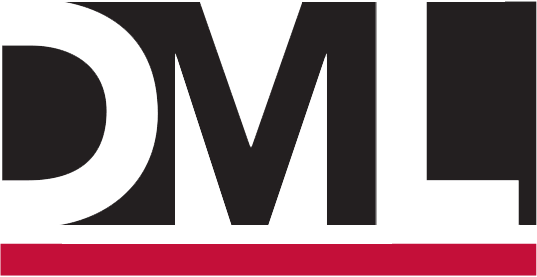Motivational Interviewing 101: The Basics on Engaging People into Treatment
Workshop
Description
Client hostility and low interest in treatment occur in many clinical situations and make it hard to reach clients and help them change. People with co-occurring mental and substance-related disorders; adolescents and others mandated for treatment; and assisting clients to function in the community are all situations that can challenge engagement skills. Helping people change involves engaging them into a collaborative and accountable treatment plan.
This workshop will focus on the basics of Motivational Interviewing and stages of change assessment and treatment. It will provide concepts and techniques on ways to quickly engage clients into treatment and increase their interest in changing. There will be opportunity to discuss case examples and participants are encouraged to bring clinical situations and vignettes for role playing and consultation.
Objectives
Review how people change and basic Motivational Interviewing principles to engage the client in collaborative care.
Identify how to better assess people's readiness to change and how to quickly develop the treatment contract.
Apply techniques and interventions that enhance the client’s motivation to make lasting change.
Workshop Agenda
8:30 AM Registration
9:00 AM A. Understanding Motivation and Changing the Concept of “Resistance”
From pathology to participant
Natural Change and Self-change
Models of stages of change
B. Ambivalence
Understanding ambivalence
Making sense of ambivalence
10:30 AM Break
10:45 AM C. Principles of Motivational Interviewing (MI)
Understanding the general principles of discord, sustain and change talk
Helping people get unstuck and keep growing
Implementing the spirit of motivational interviewing
12:00 Noon Lunch
1:15 PM D. Engaging the Client as a Participant
Skill-building in What the Client Wants
Collaborative, participatory service and work plans
E. Building Motivation for Change
Opening strategies and traps that increase sustain talk
Strategies to avoid traps - OARS
2:30 PM Break
2:45 PM F. Skill-Building in Building Motivation for Change
Implications for documentation and treatment planning
Accountability in the participatory plan and working with referral agencies
Working with the mandated client – clash of missions in corrections and treatment
4:00 PM Adjourn
